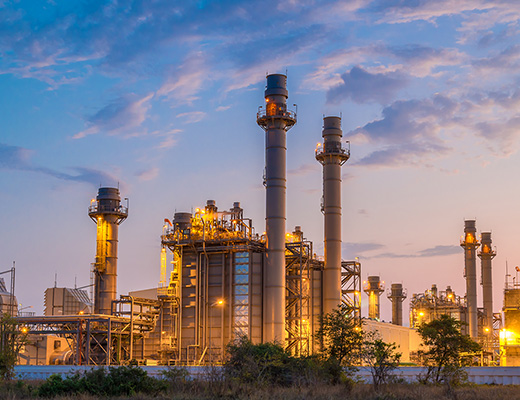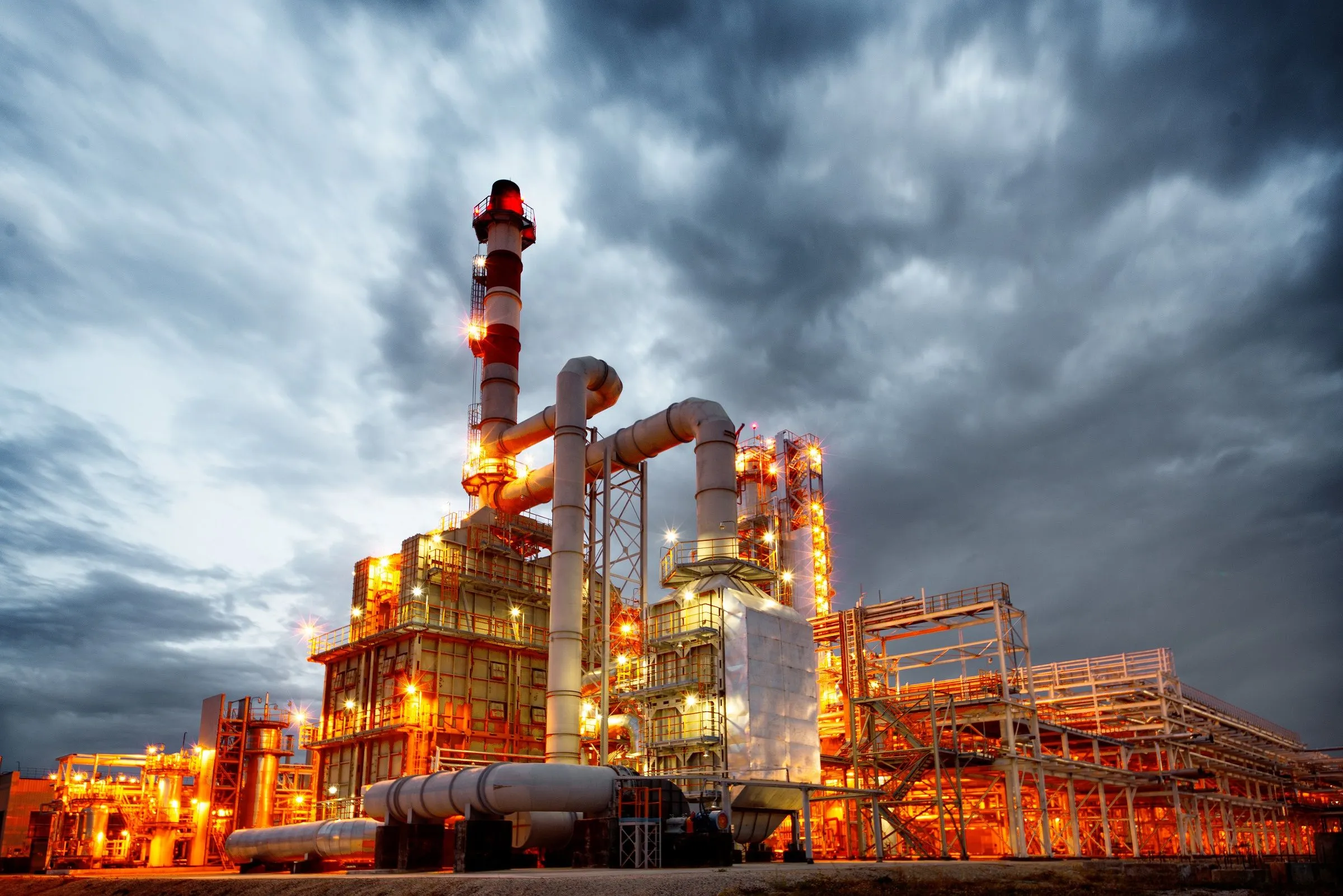The Future of Oil and Gas: Innovations and Challenges Ahead

The oil and gas industry has long been the backbone of global energy supply, fueling economies and industries worldwide. However, as the world shifts towards sustainable energy solutions, the sector faces both unprecedented challenges and groundbreaking innovations. Understanding these dynamics is crucial for stakeholders looking to navigate the industry’s evolving landscape.
The Current State of the Oil and Gas Industry
Despite fluctuations in oil prices, geopolitical tensions, and regulatory changes, the demand for oil and gas remains significant. The industry continues to invest in advanced extraction techniques, automation, and digitalization to optimize production and reduce costs. However, the global push towards cleaner energy sources is reshaping investment trends and operational strategies.
Key Innovations in Oil and Gas
To remain competitive and environmentally responsible, the oil and gas sector is embracing several technological advancements:
- Artificial Intelligence (AI) and Automation: AI-driven analytics and automation are improving exploration, drilling, and refining efficiency, reducing downtime and operational costs.
- Carbon Capture and Storage (CCS): Companies are increasingly investing in CCS technology to reduce carbon emissions and meet global climate targets.
- Hydrogen Production: Many industry leaders are exploring hydrogen as an alternative energy source, particularly blue and green hydrogen derived from natural gas and renewable sources.
- Internet of Things (IoT): Smart sensors and IoT devices are enhancing real-time monitoring of pipelines, refineries, and drilling sites, improving safety and operational efficiency.
- Enhanced Oil Recovery (EOR): Advanced EOR techniques, such as CO2 injection and microbial EOR, are helping companies extract more oil from existing reservoirs, maximizing yield and profitability.
Challenges Facing the Industry
While innovation drives progress, the industry also faces several hurdles:
- Regulatory and Environmental Compliance: Governments worldwide are enforcing stricter environmental laws, pushing companies to adopt cleaner technologies and reduce carbon footprints.
- Market Volatility: Oil prices are highly susceptible to geopolitical events, supply-demand imbalances, and economic fluctuations, making long-term investment planning complex.
- Transition to Renewable Energy: The global shift towards renewables poses a long-term threat to oil and gas demand, prompting industry players to diversify their energy portfolios.
- Talent Shortage: As digitalization and automation increase, the industry faces a growing need for skilled professionals in AI, data analytics, and sustainable energy solutions.
The Road Ahead
The future of the oil and gas industry lies in a balanced approach that integrates innovation with sustainability. Companies that invest in cleaner technologies, digital transformation, and energy diversification will be better positioned to thrive in an evolving energy landscape.
While challenges persist, the sector remains a crucial player in the global economy. By embracing change and prioritizing sustainability, the oil and gas industry can continue to fuel progress while aligning with a cleaner, greener future.



